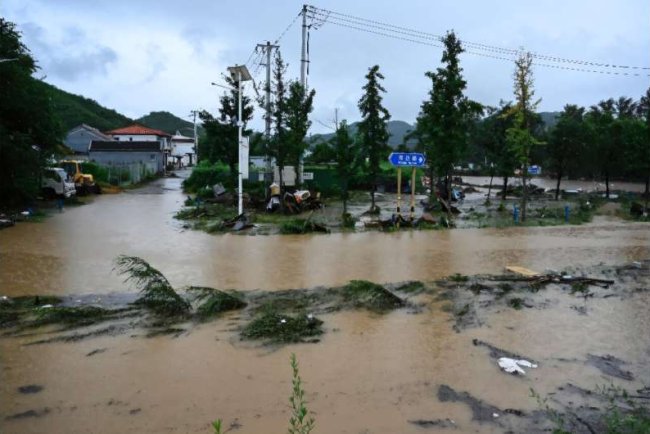TotalEnergies and RWE Sign Landmark Green Hydrogen Deal
TotalEnergies and RWE sign a landmark green hydrogen deal to cut emissions at Leuna refinery by 300,000 tons.

In a historic step for Germany's transition to green energy, TotalEnergies and RWE signed the nation's largest green hydrogen contract, for 30,000 tons per annum for TotalEnergies' Leuna refinery. The 15-year deal, effective from 2030, will significantly contribute to the reduction of industrial carbon emissions by 300,000 tons of CO₂ per year.
The green hydrogen will be produced at RWE’s upcoming 300 MW electrolyzer in Lingen, which, once operational, will be Germany’s largest such facility. Transported through a 600 km hydrogen pipeline, this clean energy source will replace traditional hydrogen at the Leuna refinery, a critical step in TotalEnergies’ broader strategy to decarbonize its European refineries.
TotalEnergies Chairman and CEO Patrick Pouyanné highlighted the importance of the deal in taking the company forward with its decarbonization aspirations. "This green hydrogen long-term contract is a major milestone in the decrease of our CO₂ emissions on our Leuna refinery," he said. Pouyanné also recognized the critical contribution of the German government in financing the hydrogen infrastructure, specifically the establishment of the H₂ backbone pipeline, which will enable the long-distance transportation of green hydrogen across the country.
TotalEnergies and RWE partnership is a reflection of the increasing pace in Europe's renewable energy business. The two firms have previously collaborated on offshore wind farms in Germany and the Netherlands, and the latest deal adds to their determination to clean energy solutions. RWE Chief Executive Markus Krebber called the deal key, saying: "We are proud to have signed the first long-term offtake deal for green hydrogen of this capacity with TotalEnergies in Germany. It is six months since we announced the investment to build the 300-megawatt electrolysis plant at Lingen. We have thereby gained an influential anchor customer, TotalEnergies. It demonstrates that hydrogen pays with adequate incentives for buyers.
Hydrogen is increasingly viewed as a driver of industrial decarbonization, especially in hard-to-electrify industries like refining and heavy industry. In contrast to traditional ways of making hydrogen through fossil fuels, green hydrogen is produced by electrolysis with renewable energy sources, providing a carbon-zero process. The agreement between RWE and TotalEnergies fits into Germany's wider policy of creating a strong hydrogen economy, taking advantage of domestic production and pan-European infrastructure to promote clean energy take-up.
The green hydrogen commitment also underscores TotalEnergies' broader sustainability goals. The company aims to decarbonize hydrogen consumption in its European refineries by 2030, which would equate to a total reduction of CO₂ of approximately three million tons annually. The Leuna refinery, a major industrial complex in eastern Germany, will be an important milestone on this path.
As Europe moves to scale up green hydrogen projects, such agreements are emphasizing the imperative of private sector cooperation in accelerating the green hydrogen agenda. With governments, infrastructure development, and corporate commitment converging, Germany is at the forefront of the hydrogen revolution, charting a path to a cleaner, more sustainable industrial future.
What's Your Reaction?

















